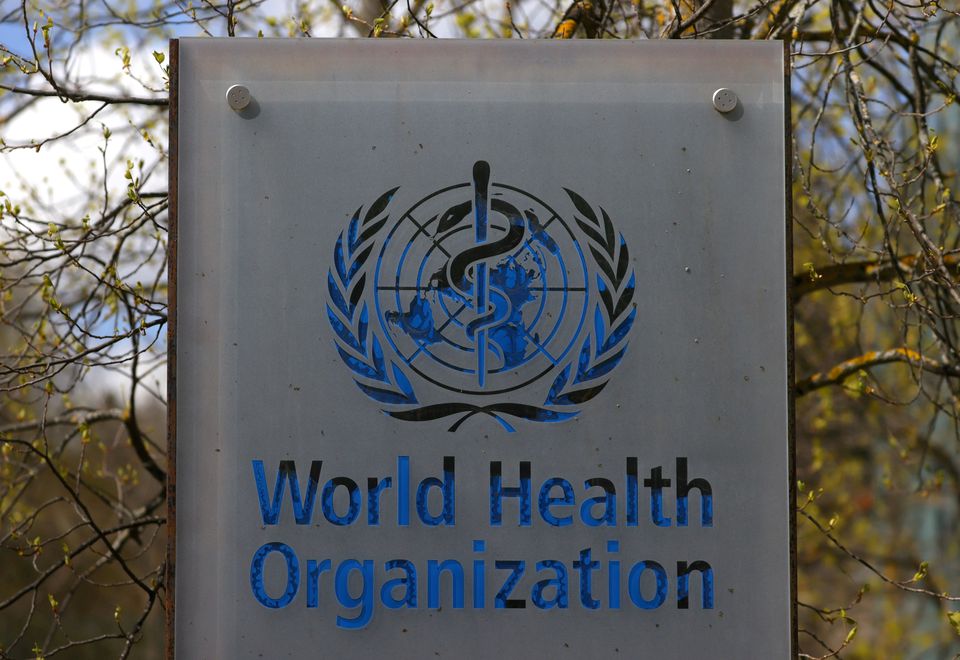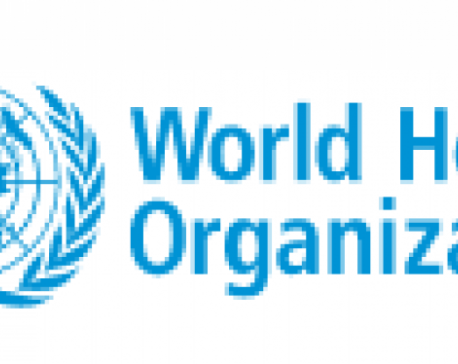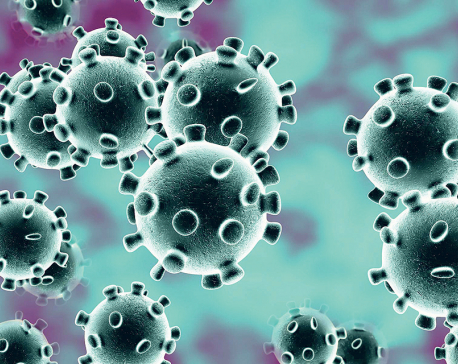
OR
WHO extends congratulations to Nepal for restricting trans-fatty acids in food supply
Published On: February 14, 2024 03:24 PM NPT By: Republica | @RepublicaNepal

KATHMANDU, Feb 14: The World Health Organization (WHO) has congratulated Nepal for restricting levels of industrially produced trans-fatty acids in the food supply through legislation, a critical step toward promoting health and safeguarding lives.
According to a press statement issued by WHO Office in Nepal, prioritizing prevention and control of noncommunicable diseases (NCDs) in the South-East Asia Region, WHO has been supporting countries for elimination of trans-fatty acids from national food supplies, along with other measures. With Nepal’s legislation, now nearly 80% of the Region’s population – 1.6 billion people - will be potentially protected from the harms of trans-fatty acids.
Globally, 540,000 deaths every year can be attributed to intake of industrially produced trans-fatty acids. High trans-fat intake significantly increases the risk of death from cardiovascular diseases. Trans fat has no known health benefits, as mentioned in the statement.
The statement reads, “In the WHO South-East Asia Region, non-communicable diseases cause 69 percent of the nearly 9 million deaths every year. Cardiovascular diseases are a major cause of deaths. In 2018 WHO released REPLACE a guide of six strategies to help achieve the elimination of industrially produced trans-fatty acids. In collaboration with Resolve to Save Lives, REPLACE protocols are being implemented across the Region.”
By 2022, Thailand, India and Bangladesh had adopted regulations for elimination of trans-fatty acids in food supply. Indonesia had complementary policy measures. Sri Lanka issued a regulation in 2023. Last month, Thailand was among the first five recipients of WHO certificate validating progress in eliminating industrially produced trans-fatty acids. Nepal issued the legislation on trans-fatty acids on February 8, according to the WHO press statement.
Nepal’s legislation on trans-fatty acids will add 30 million people to the SEA HEARTS target of protecting two billion people from the harmful effects of trans-fatty acids through best practice or complementary policy measures of WHO REPLACE by 2025.
“Eliminating trans-fatty acids is a cost-effective measure with great health benefits in preventing premature deaths from cardiovascular diseases,” quotes Saima Wazed, Regional Director, WHO South-East Asia as saying.
Restricting trans-fatty acids is one of the measures under WHO South-East Asia Region’s ‘SEA HEARTS’ that emphasizes united effort across all partners and all stakeholders for aligned and effective acceleration of actions to reduce deaths from cardiovascular diseases. WHO has been urging countries in the Region to focus on best-practice policies, monitoring and surveillance, to drive progress against trans-fatty acids.
You May Like This

WHO says 'extreme vigilance' needed in exit from lockdowns
GENEVA, May 12: The World Health Organization (WHO) said on Monday that “extreme vigilance” was needed as countries begin to... Read More...

Pandemic perceptions
The coronavirus pandemic has become the topic of possibly all conversations, be it at the dinner table, the office or... Read More...

Global measles cases three times higher than last year: WHO
GENEVA, Aug 29: Every region in the world, except the Americas, is experiencing an increase in the number of cases of... Read More...






Just In
- Challenges Confronting the New Coalition
- NRB introduces cautiously flexible measures to address ongoing slowdown in various economic sectors
- Forced Covid-19 cremations: is it too late for redemption?
- NRB to provide collateral-free loans to foreign employment seekers
- NEB to publish Grade 12 results next week
- Body handover begins; Relatives remain dissatisfied with insurance, compensation amount
- NC defers its plan to join Koshi govt
- NRB to review microfinance loan interest rate











Leave A Comment